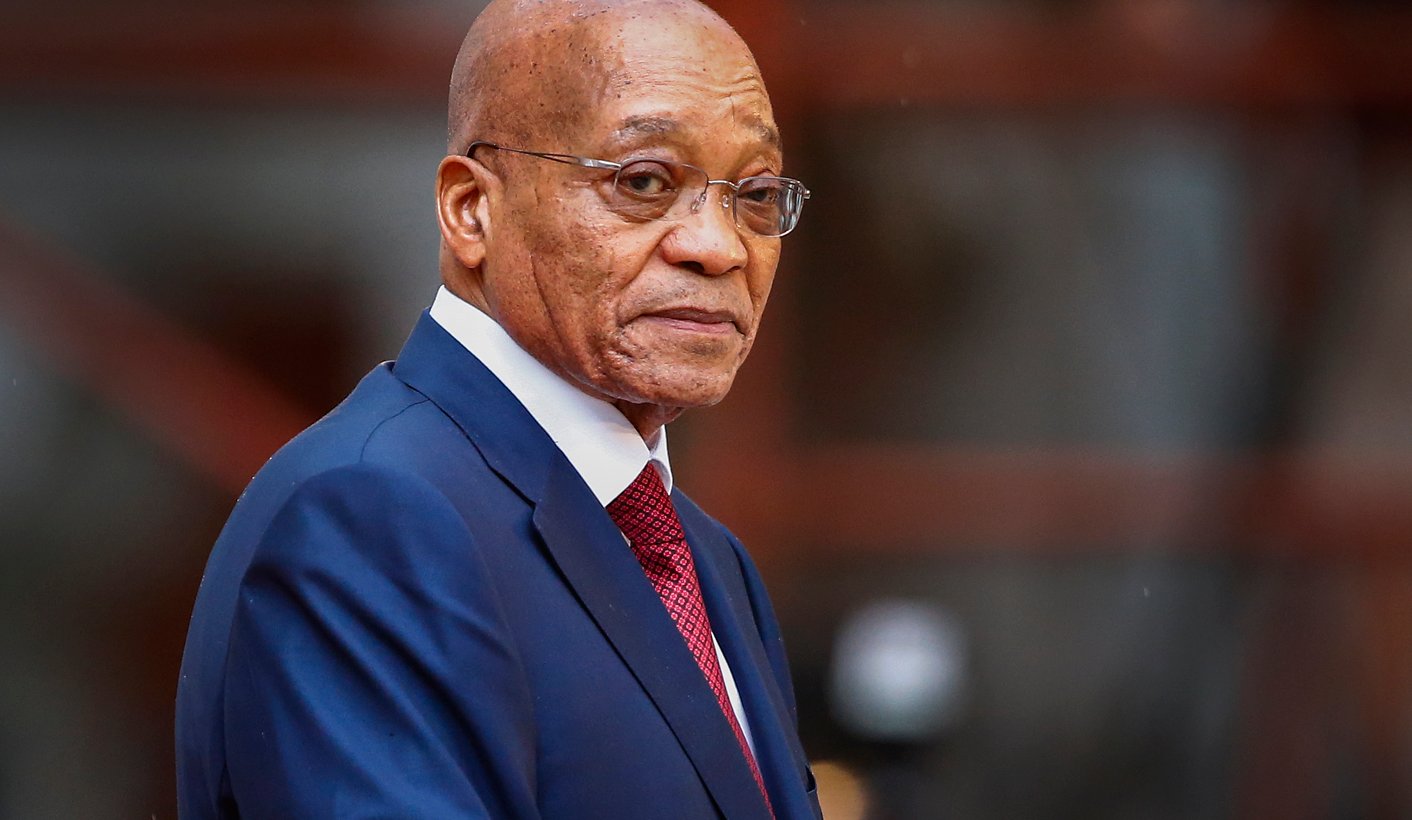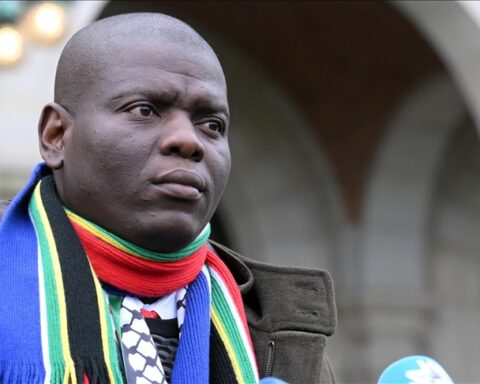Ralph Mathekga
There is an idea that is doing rounds regarding an exit plan through which to see President Jacob Zuma out of office.
It was reported a few weeks ago that there seems to be a plan in place to ensure that Zuma quietly leaves office and we all forget about everything he is alleged to have done while in office including facilitating what has now come to be known as state capture; a wholesale corruption involving also the Gupta family.
Information about what this plan could fully entail is coming out a bit by bit; starting with a report that a R2bn settlement package could be made available to Zuma. At first glance this idea sounds crazy in the sense that South Africa’s laws are clear; no one is above the law and there is no room for a special provision to cut deals such as this.
As a way to sell the idea that Zuma should be allowed to leave quietly and he should not be prosecuted for corruption, reports of this plan are trickling into the media space in what appears to be a carefully orchestrated attempt to test the waters regarding how far this idea can be taken forward.
The question for me is whether this is a plan that South Africans are willing to live with and embrace to save their politics from Zuma’s legacy, or is this merely an attempt by some within the ANC to simply persuade Zuma to stay out of an increasingly tense succession tussle within the party.
As some of the leaders within the ANC are coming to terms with the reality that Zuma still has a hold within the party and he is willing to fight to ensure a favourable successor takes over from him, the best weapon is to convince him to step aside and stop attempting to anoint a successor within the ANC.
This would mean that the ANC leaders would be willing to interfere with the functioning of state institutions – at least the prosecution authority—with the goal to avoid a messy succession battle within the party. The goal will be to save the ANC from implosion; a possible eventuality if Zuma succeeds in anointing his successor within the party. It should not be the concern of the general public as to whom the ANC decides to elect as a successor for Zuma. Eventually, the general population would get an opportunity to assess that decision come the 2019 elections.
The problem I have with this hinting that a settlement package for Zuma might be on the cards is the fact that if this is implemented in whatever form, it would mean that South Africans would have been brought to compromise on their institutions in the interests of saving the ANC. It should be clear that in principle, failure of the ANC to manage to manage its succession is entirely an internal party matter which should not be resolved by cutting deals that undermine the integrity of democratic institutions in the country.
This type of arrangement works where there is no democracy, perhaps as a condition for shifting towards democracy. To adopt democracy and then enter into this type of deals 20 years into democracy is simply an act of vandalising our democratic institutions to save only the few who have made wrong decisions in our society.
If an agreement is reached among the business elites and political elites to settle with Zuma, that would be worse than state capture. That would actually mean that not only is state capture permissible, but it can also be rewarded. The idea is not to persecute Zuma and possibly set the country on a tailspin, but it should be about fairness and openness. State capture was facilitated by the political and business elites in this country, and it would be a travesty if the elites are allowed to feed us another gentlemen’s agreement regarding how this ought to be resolved. The solution to this issue lies squares within the laws of this country, and not in another elite pact.








